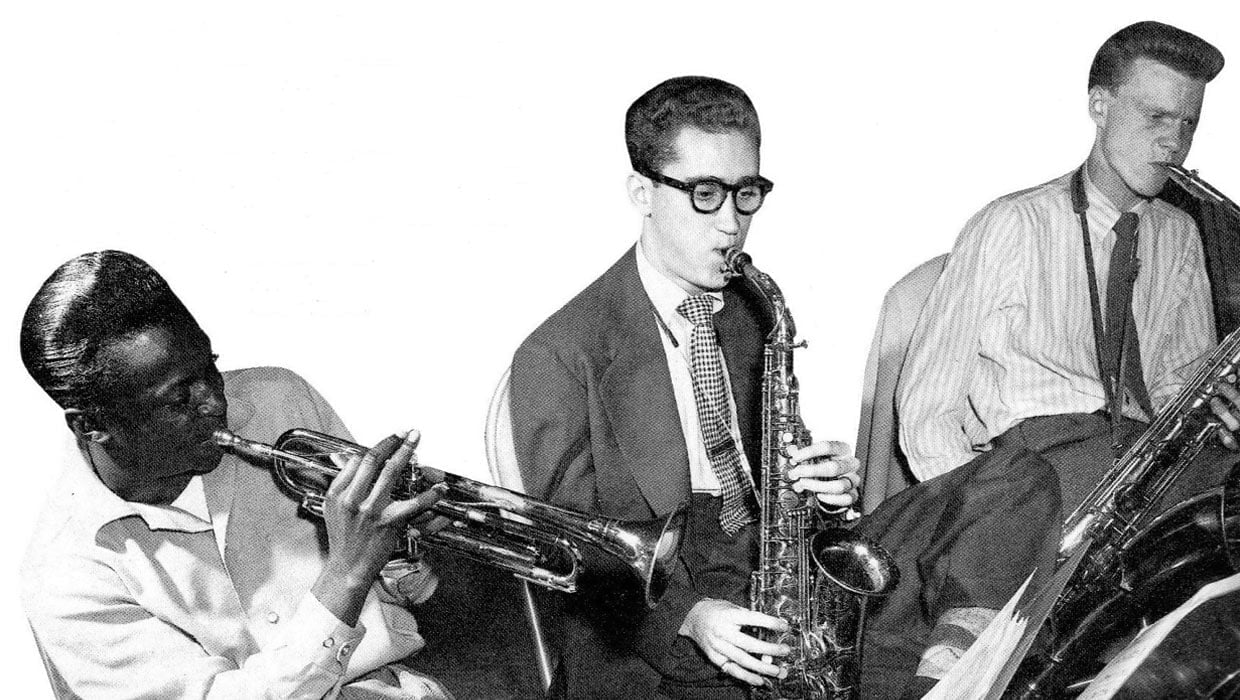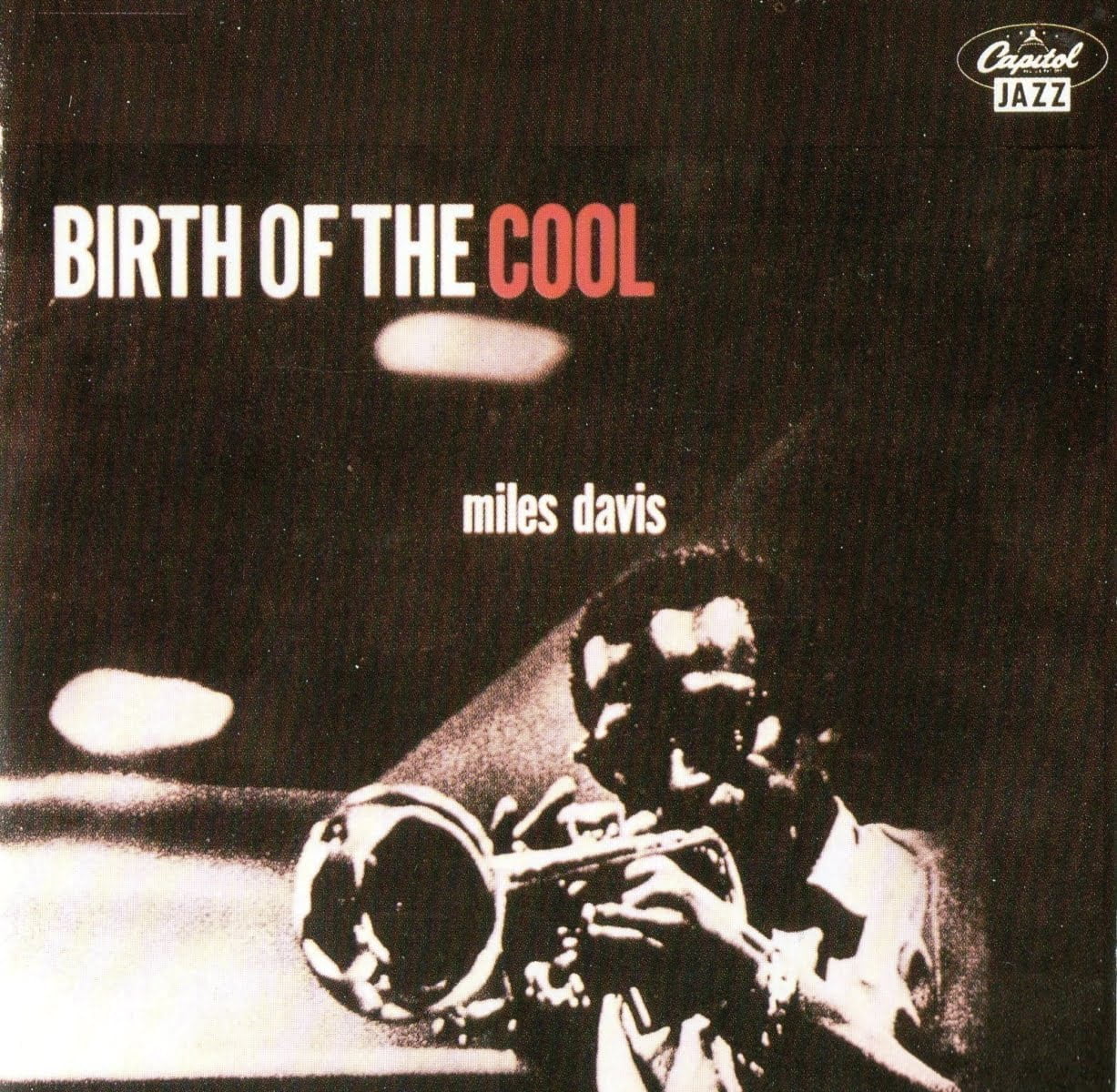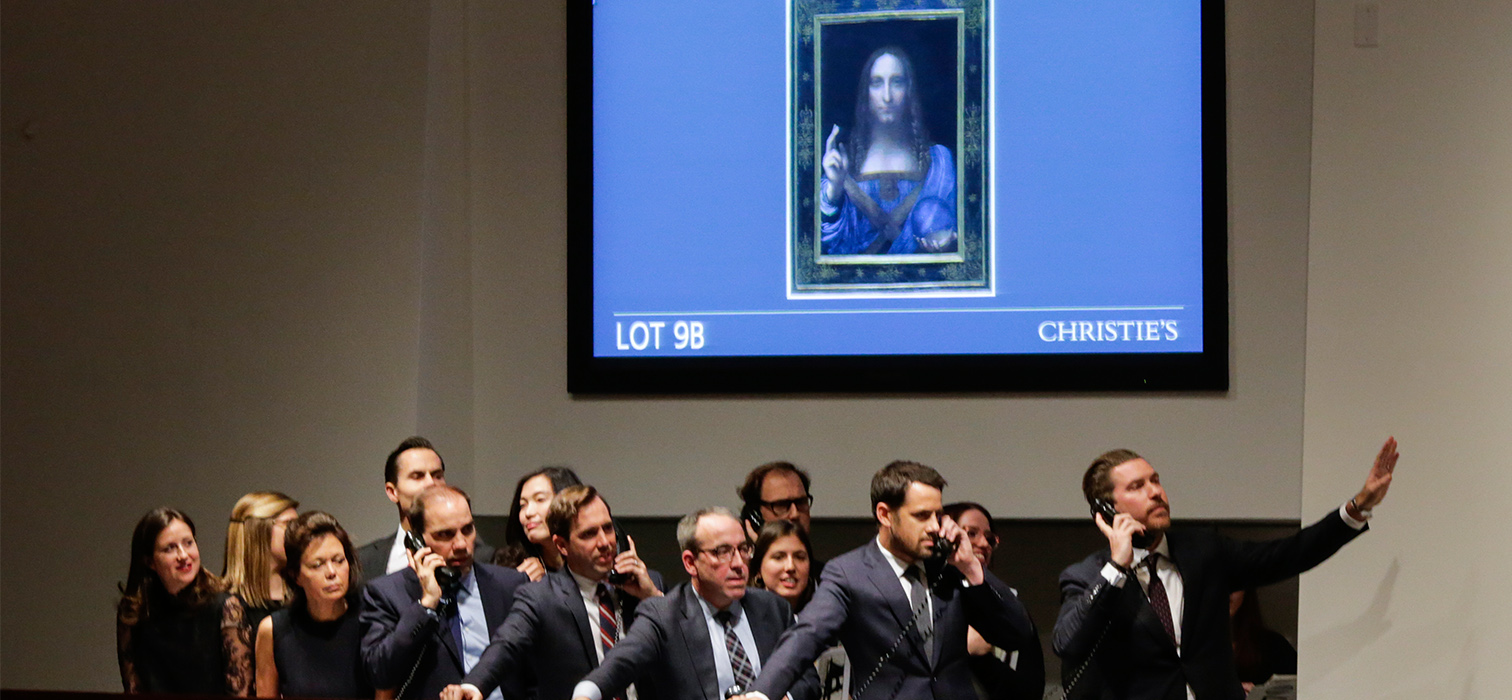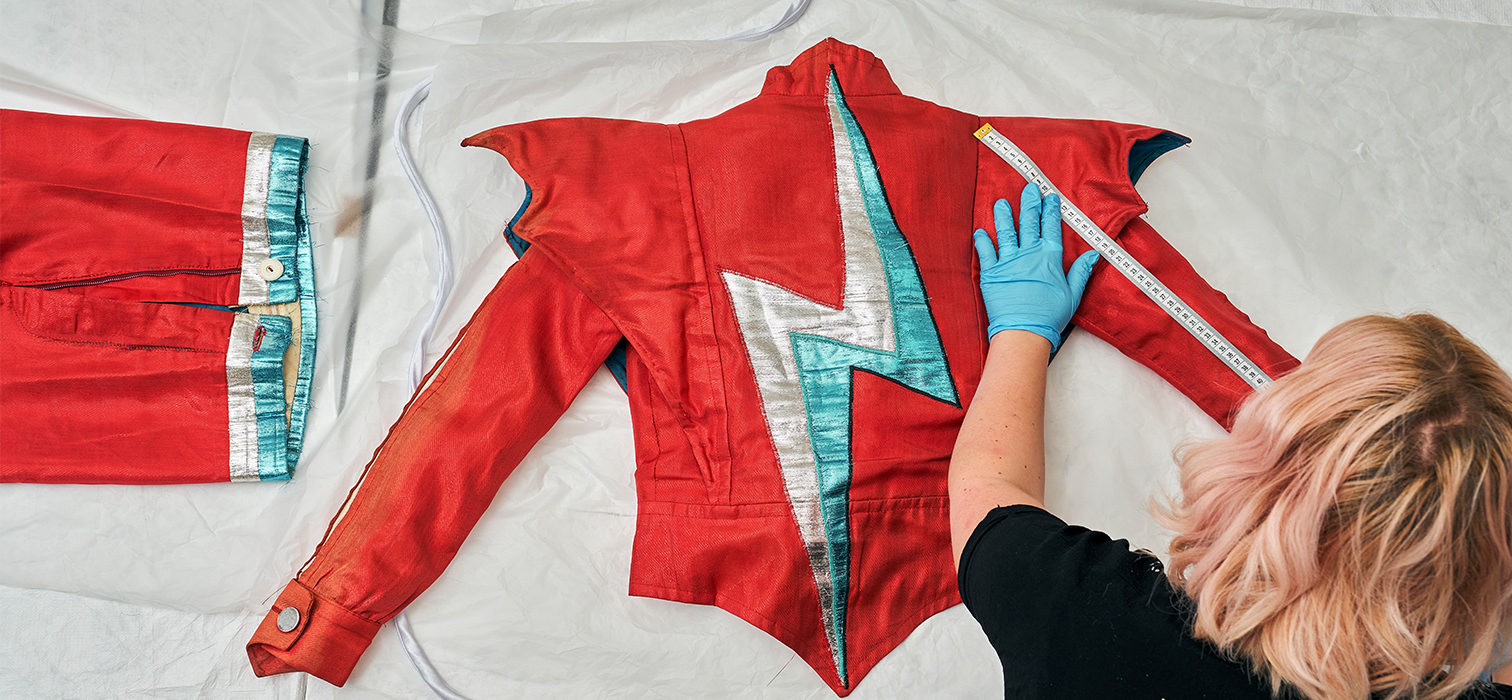An Epoch-making Record: “Birth of the Cool”

How was “the Miles Davis legend” born and under what circumstances did this epoch-making record come about?
“Come and play on my record!” When he said that, his heart would skip a beat. It hadn’t even been a year. He was just 18 years old when he listened to his idol saxophonist Charlie Parker, nicknamed “Bird” with trumpeter Dizzy Gillespie, nicknamed “Dizzy” at a club in Missouri run by white gangsters and where blacks could only enter and exit through the back door, even though there were musicians. He had just graduated from Lincoln High. He had spent the night repeating similar sentences in his mind: “What is this? What kind of music is it? How can it be played like that?”
They were playing really great; the music touched and encouraged him. Previously, he had only listened to these two men from a few broken records in his hand and tried to train himself by imitating the solos there. It’s incredible! The man he couldn’t even dream of was now inviting his to a record in the fall of 1945. Moreover, he would also be with his second idol, Dizzy.
Miles had rejected the difficult pieces Bird had asked him to play. He had no intention of embarrassing himself because he wasn’t that good yet. Dizzy played instead of him, and he had fallen asleep on the rug because he had had a little too much to drink at the time. The record was released as “Charlie Parker’s Beboppers” and took its place in history as one of the best records of the bop era.
***
However, Miles Davis’ respect for Bird had eroded very quickly. Who would have guessed that this finished feeling will close one era in jazz history and open another! 1945-49…What happened in these four years would pave the way for the record that closed and opened a new period intently.
Bird took advantage of Miles, especially when it came to drug money. Already in those days, Bird had gone mad because of this and was locked up in a hospital for electrotherapy. Miles, on the other hand, was still dealing with the damage of his old relationship with Bird. For example, he left Los Angeles and returned to New York when he fell out with bassist Charles Mingus on the grounds that he did not take care of Bird.
Fortunately, he was back. 52nd Street was so crowded, and everyone was there. He was playing in places as much as apartment rooms. This was one of the tops in the history of music that will probably never happen again. Even Bird came out of the hospital, and they started playing together again.
Miles Davis released a 78-rpm record with Charlie Parker in 1947 and he gave his composition “Donna Lee” to its B-side. As a composer, Bird was written first, but was corrected in the next print. Thus, this composition caught the attention of composer Gil Evans and he met Miles Davis.
Bird, on the other hand, had fallen into his old habits and began to pocket the group’s money. Miles, who broke away from Bird, was composing nonets when he started getting close to Gil. He was often going to Gil’s house on 55th Street because Gil gave him a love of composing.
***

Blacks was uncomfortable with the presence of whites in the band they put together. Moreover, there were so many unemployed blacks… When they found a boss to pay the nine people and started playing, they were followed by Pete Regolo and received a record offer for the Capitol. When they were recorded in January 1949, Miles turned down the offer to join Duke’s orchestra in order to complete the album. In fact, he wasn’t feeling very well. He had returned from France and left behind the actor Julietto Greco, whom he fell in love with, and became attached to unexpected things to forget. Or would he end up like Bird!
On the record, no one was making long solos and surpassing the ensemble behind them. “Birth Of the Cool” was a hit. It was because of people’s reaction to Bird and Dizzy’s music. They played so fast and lacked emotion. They were also not sympathetic. Ours, on the other hand, was humane, and the record they made had sweet melodies that people could hum. Whites in particular were looking for music they could listen to without much difficulty. In the same year, films noir started to appear in the cinema, and George Orwell wrote 1984. Miles, on the other hand, was 22 years old and his place in jazz history was not yet a headline.
**
Miles had been escaping the boring atmosphere of bebop since 1945. While “Birth of The Cool” reflected Miles’ commercial genius, there were also great musicians in the background. However, most of them did not meet until a year ago. Miles was a good conductor and organizer, despite his imperfect technique. On the trumpet, he was aware of his limitations. His importance was that he taught the musicians after him rhythmic freedom, how to use the concepts of volume and space in music and showed that not always blowing but also pauses were included in the music. According to some, Bird’s evil brought about a good thing. “Birth Of the Cool” closed the bop era and opened the cool era.
The solo, playing technique and compositions on the record are still taught in the leading jazz schools in the West.




